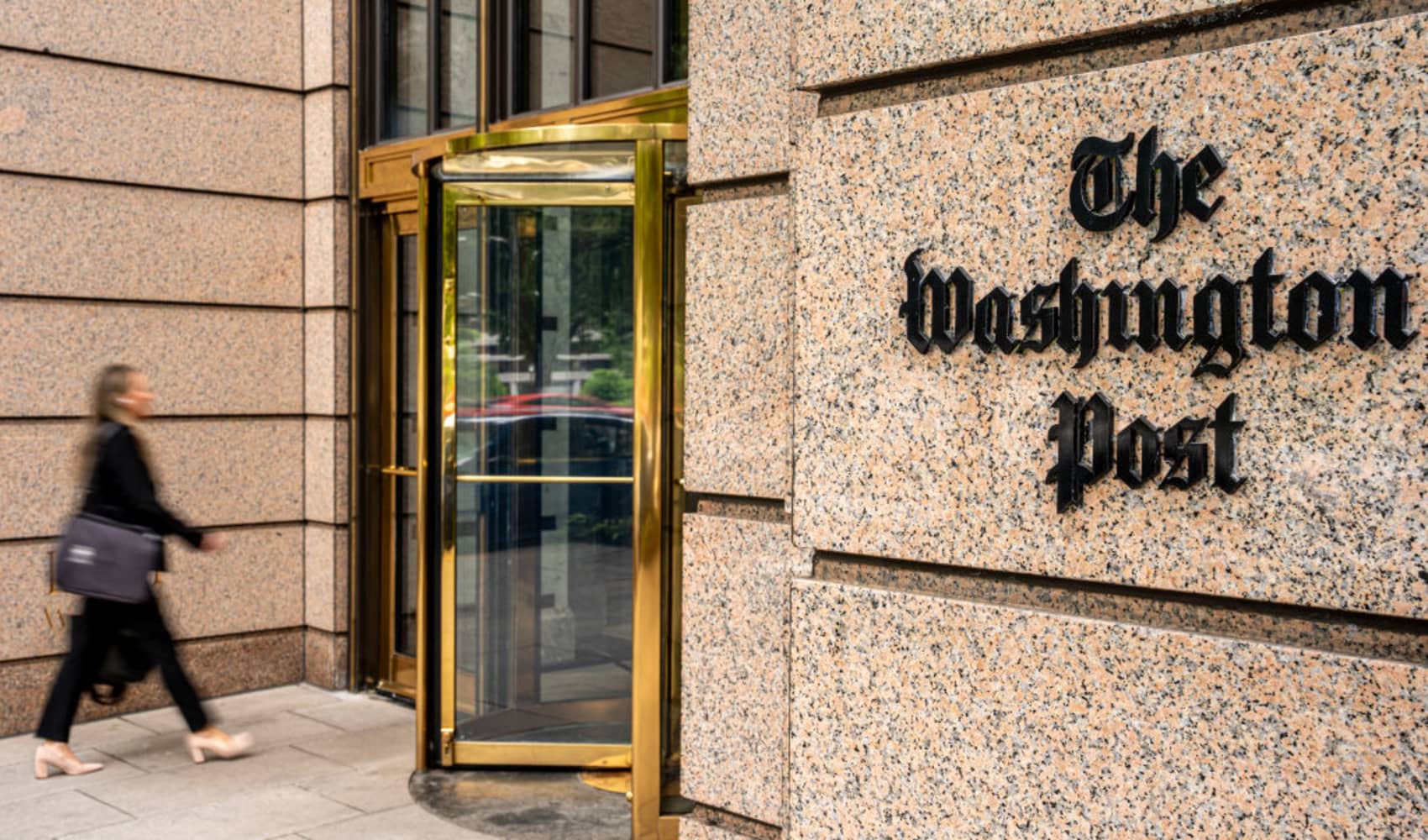We've all been there: in a room full of people, in a packed elevator or even walking down the street, when the sudden tingling urge for a sneeze comes on.
That sneeze often triggers the "sneeze etiquette" -- a mysterious and silent message sent to the people next to you that unconsciously makes them say "bless you."
Saying bless you is so ingrained in the American culture that if you sneeze and no one near you acknowledges, it creates a very noticeable, weird feeling.
"That person is rude. I guess you don't care that I sneezed," is how Elena, a woman from Orlando, Florida, described the awkward post-sneeze silence.
We've got the news you need to know to start your day. Sign up for the First & 4Most morning newsletter — delivered to your inbox daily. >Sign up here.
Where did the tradition come from?
"There are a lot of theories," says Maralee McKee, founder of the Etiquette School of America. "We'll never be sure if they're right or not, but it's part of what makes it so interesting."
For something so deep-seated into the culture, the reasons why we say "bless you" or "God bless you" when someone sneezes are something of a muddled mess with a lot of theories floating around.
U.S. & World
The day's top national and international news.
"I’ve heard that your heart skips a beat when you sneeze, so you’re supposed to say 'bless you,'" said Angelica, from Los Angeles.
She's not alone in that theory, one so popular that the Cleveland Clinic and dozens of other medical experts have officially and publicly debunked it.
There are a lot of other historical theories, some dating back centuries.
For many years in the Middle Ages, people believed that when you sneezed, your spirit left your body for a second. So, the thought went, to say "bless you" could bring you back to life and also keep evil spirits from entering you in the instant or two that you were believed to have been gone.
During the bubonic plague saying "God bless you" offered a desperate prayer for health and protection against the deadly disease. Pope Gregory is said to have encouraged people to embrace these blessings during that doom-filled era.
How do people react to sneezes around the world?
In place of “Bless you,” some Americans say “Gesundheit,” the German word for “health,” although many Americans don't even realize it is a German word. The phrase appeared in America thanks to German immigrants.
As natural as it may feel to Americans, not every culture says something after someone sneezes. For instance, in Japan, silence is the norm. Only if you are having a sneeze fit, then someone will address your health.
In Turkey, a "live long and prosper" is the right way to address a person that just sneezed.
For Spanish-speakers, a "salud" is quite acceptable. For Portuguese-speakers, "saúde" does the trick.
Do we need to rewrite the sneezing etiquette rules?
"It's the only bodily function we seem to react to," McKee, the etiquette expert said about the ubiquitous American "bless you."
"If someone burps, we ignore it. But a sneeze? Everyone notices."
So, what if we could rewrite the sneezing etiquette rules? Would we ditch the "bless you" altogether? Opinions are divided: some advocate for a quiet response, while others see it as an unnecessary formality. Others see it as a polite way of acknowledging what can be a loud disruption.
Ultimately, the choice is up to the individual: stick with the trusty phrase or ditch it.
"It's a form of habit," said Elena. "I guess it doesn’t really need to be addressed."



